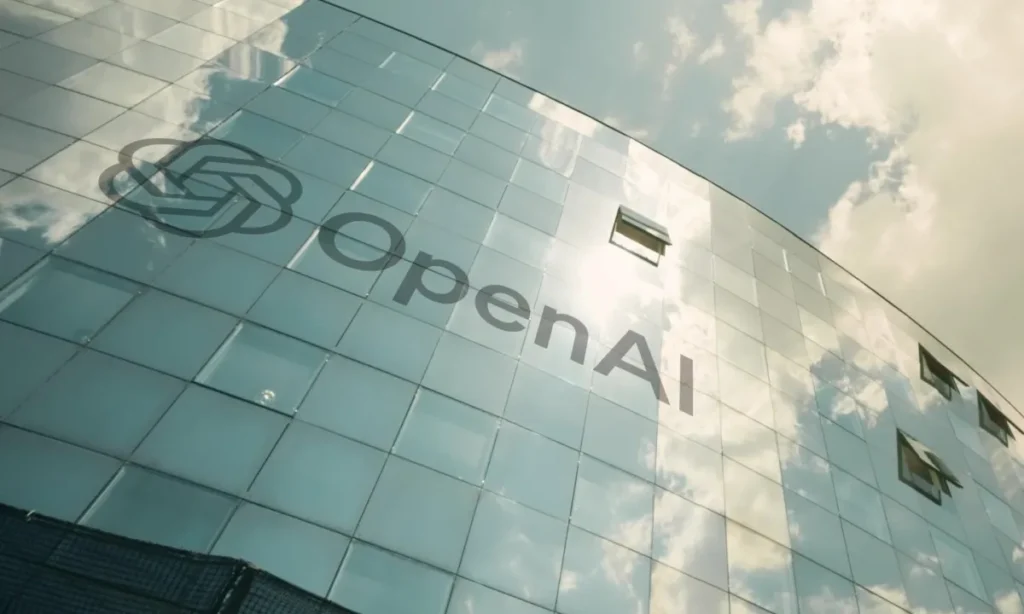
In a plot twist straight out of a sci-fi blockbuster, OpenAI, the brains behind ChatGPT, has just blasted past Elon Musk’s SpaceX to claim the crown as the world’s most valuable startup, clocking in at a jaw-dropping $500 billion valuation. This isn’t some speculative hype; it’s the result of a blockbuster $6.6 billion secondary share sale that let employees cash in big while signaling sky-high investor confidence in AI’s future. As markets cheer and tech indexes soar, let’s break down what this means for the AI race and why it’s got everyone from Silicon Valley to Seoul buzzing.
A $6.6 Billion Employee Windfall
Picture this: OpenAI opens the vault, offering over $10 billion in stock for sale, but only $6.6 billion changes hands.
Why the hold-back? Insiders say it’s a vote of confidence; employees and early stakeholders are betting the farm on even bigger gains down the road.
This secondary sale, unlike a primary funding round, doesn’t inject fresh cash into the company but rewards the talent that’s fueled its meteoric rise.
The buyers? A who’s who of deep-pocketed players: SoftBank (fresh off leading OpenAI’s $40 billion round earlier this year), Thrive Capital, Dragoneer Investment Group, Abu Dhabi’s MGX, and T. Rowe Price.
At $500 billion, OpenAI leapfrogs SpaceX’s $400 billion mark and even ByteDance, underscoring how AI is rewriting the private market playbook.
From $300 Billion to Half a Trillion: The AI Gold Rush
Rewind to just a few months ago: OpenAI was valued at around $300 billion, following a funding infusion led by SoftBank. Fast-forward to now, and the company’s valuation has surged by 67 in a remarkably short period, driven by explosive growth. In the first half of 2025 alone, revenue reached $4.3 billion, highlighting ChatGPT’s strong influence across various applications, from coding assistance to creative brainstorming.
However, this is more than just about numbers; it’s about the narrative. This recent deal emphasizes OpenAI’s Stargate supercomputer project, which is a major push into AI infrastructure attracting partners like Samsung Electronics and SK Hynix.
As a result, South Korean shares have hit all-time highs, as investors anticipate the ripple effects on global chip supply chains and the increasing demand for AI hardware. In essence, OpenAI is not only building tools; it’s laying the foundation for the economy of tomorrow.
What’s Next for OpenAI’s Empire?
With this strong financial backing, we can expect accelerated research and development: think advanced models beyond GPT-5, deeper enterprise integrations, and perhaps even consumer hardware initiatives. Is an IPO on the horizon? There are still rumors, but this sale provides the company with time and helps retain talent. OpenAI’s milestone of $500 billion isn’t just a show of strength; it’s a signal of AI’s dominance in the coming decade. While SpaceX is launching rockets, OpenAI is launching the future. Is this a smart investment or just overvalued hype? The markets seem to believe in it—the real test will be in the code.
What’s your take on this rise of AI? Share your thoughts in the comments. Will OpenAI reach a valuation of $1 trillion by 2027?